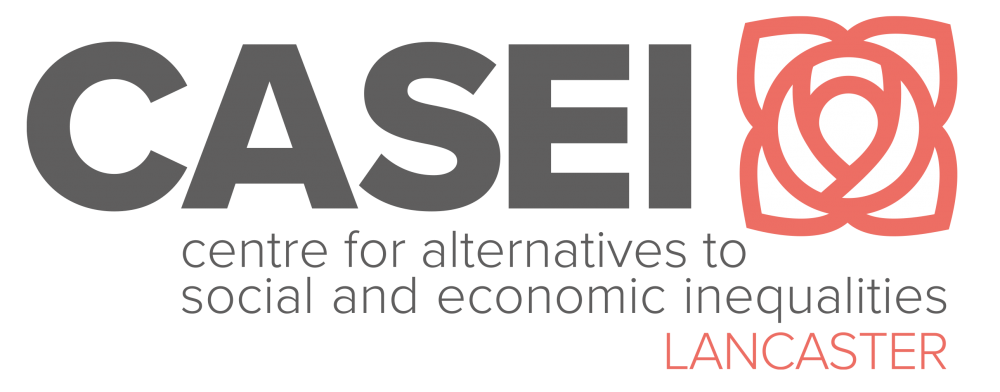The problems of inequality are vast and many. Dramatic economic and political changes in many parts of the world desperately require interventions. Traditional understandings are becoming fossilised. Change is needed now more than ever.
Why is it that after the 2007-08 global financial crash and after the Covid-19 crisis most people get poorer apart from the world’s top billionaires? Crisis used to lead to decreasing inequality now it seems it only makes inequality so much worse. How do we challenge an increase in economic growth which leads to insecure and precarious employment? How do we understand decreasing social mobility as global wealth increases, but increasing forced migration? How do we explain the growing political power of those who mobilise the politics of hate and resentment to justify ever more inequality? Why do we rely on traditional economic measures which only include narrow economic objectives, neglecting other forms of inequalities and wider aspects of the well-being of people and the environment? How do we understand the multiple inequalities that are lived, embodied, amplified and normalised in our everyday experiences, often as indifference, violence and cruelty? What are the environmental and ecological impacts on our planet of all of these forms of inequality, and why are its worst effects experienced by the poorest first? How do we deal with these complex issues and more in our challenge to inequality?
We need new analysis, but also new solutions. We need to be responsive to what can be done as so much damage is wreaked against vulnerable populations. What can be opened up, conceptually as much as practically, whilst things are closed down? What new possibilities can be envisioned? How do we think differently? How do we speak truth to power? When the G20 signals ‘the problem of inequality’ we need to ask for whom is this a problem? Currently, not only are our understandings called into question, but also our alliances. We need to find a solution to inequity and injustice, not just to appease the powerful. We need to be aware that advantages for some usually create disadvantages for others.
Challenging inequality is our call for action, but we use the notion of care to explore these and construct alternatives. How to care when brutal relations are normalised? How to care for the ecology in which we live, as chemicals suffocate many to an early death? We aim to open up the space for radical thought. We will ask questions for which we don’t yet know the answers. We will draw a bigger picture by drawing on Lancaster’s history of interdisciplinary research, bringing together diverse scholars, from different (global) communities who will use their prior knowledge and experience with others. These collaborations will have immediate and lasting significance. In opening up frontiers by giving those leading the vanguard for space to think deeply we will develop leading-edge action research, knowledge that will unsettle heterodox issues, and understandings that do not just interpret the world, but change it. We aim to produce understandings that are irresistible, that cannot be ignored. We intend to be the most exciting and dynamic location for the study and challenge to inequality. We will be multidimensional, purposeful and responsive.
Whilst our thoughts are global, our actions are also local. Research and action are not disconnected and footloose, but rooted. Lancaster University is a civic institution rooted in the City of Lancaster, looking out across Morecambe Bay. These places are central to our understandings of inequalities, relations of care and the development of alternatives. We are committed to engagement, research for a purpose, and to stop people living lives with difficulty and enabling all to flourish in the communities we live in, work and socialise. When we flourish we all benefit. Our research has a purpose. There are alternatives and we are committed to producing them.
